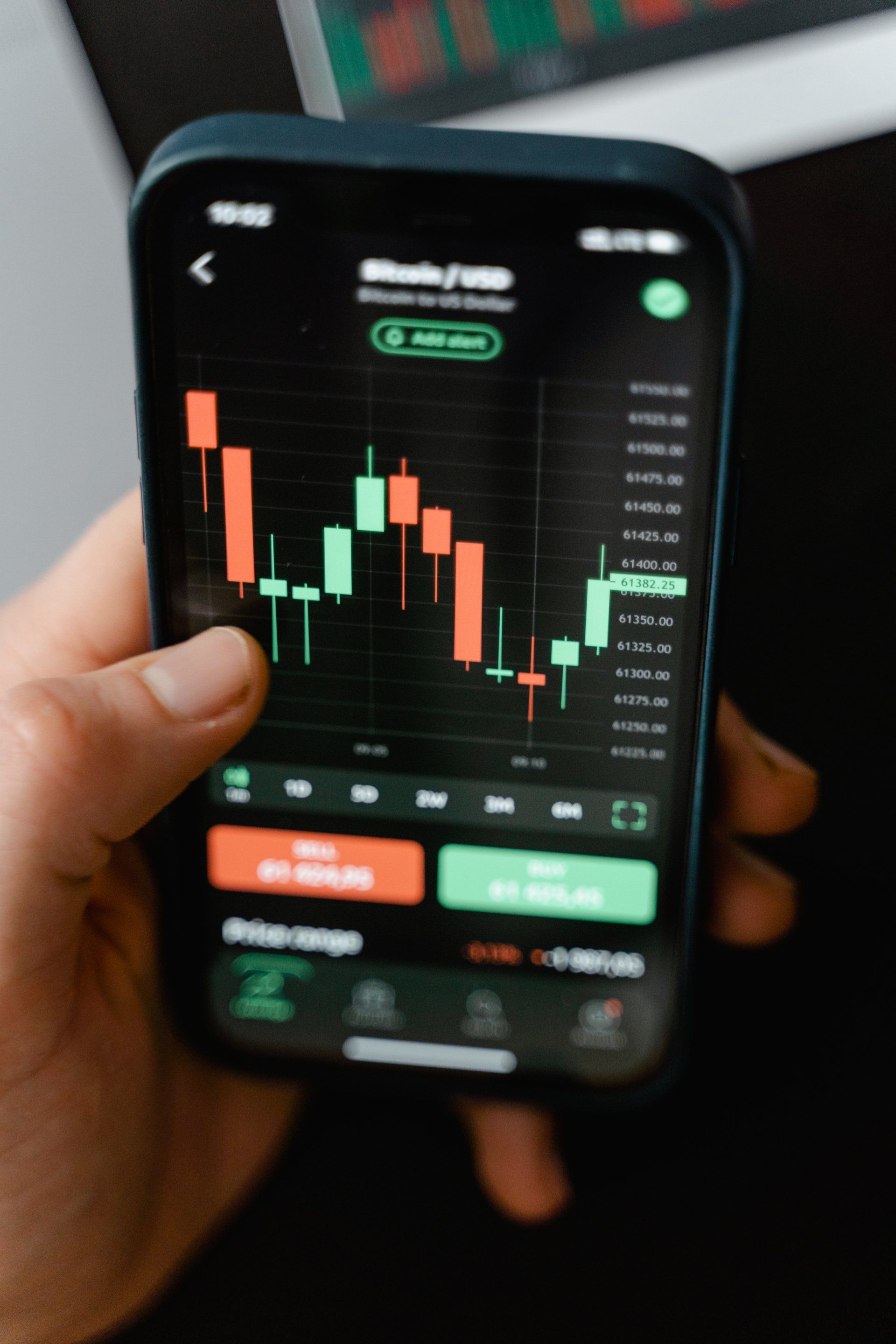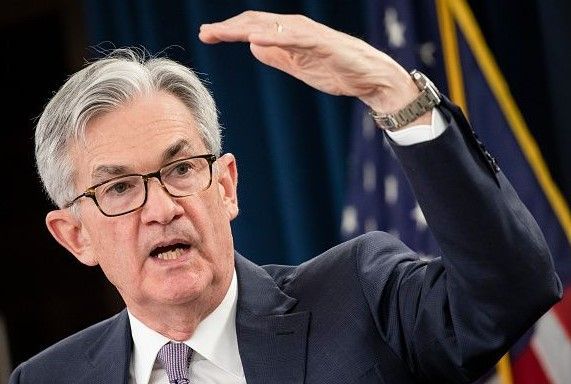Time IN the Markets
If you have money then it makes sense to put it to work. One way is to put it in a deposit account where it can earn interest. But even with interest your savings will lose pace against inflation so if you're investing for the longer term, like retirement then you will at some point think about the stock markets. Now there are many ways that you can invest in the financial markets and we won't cover those here, but what we will cover is the topic of timing.
On a daily basis the markets move up and down and have done since their inception. But over time the markets have always moved up which is why people invest. Yes there are boom and bust periods but the long term trend is always up. As an investor you want to buy at the lowest possible point and sell at the highest possible point (there will be other factors at play here relevant to your personal circumstances, like when do you have money to invest, when you need to take the money out etc.) but fundamentally it's as simple as that.
But how do you know where the lowest point is and where the highest point is, i.e. how do you time the markets. If you can time the markets correctly then in theory you can make more money.
However, before you think about how to go about timing the markets let's just look at some recent history:
- Did you think that technology stocks would rise rapidly during the pandemic?
- Did you think there would be a brutal sell off and drop in value of tech stocks at the end of 2022?
- Did you think that the markets would recover in 2023 and be up almost 20% compared to the end of 2022?
The answer is you didn't, nobody forecast this. We listen to analysts and industry advisors all day long and believe us, nobody saw this coming. Many investors sold when the pandemic hit, then had to rush to get back in when the tech stocks pulled the market up, then sold again when the market dumped and then had to get back in when it rallied again. That's a sure fire way to lose money plus it's also very stressful. So if nobody can see what's coming how do you time the markets? The answer is that it's almost impossible.
You may have heard the expression time in the markets vs timing the markets. The logic is that if you have money in the markets that you are investing for the long term than you can afford to ride out the peaks and troughs that inevitably occur. The last few years are a great example: before the pandemic the S&P was at 3,380 it's now at around 4,500. So assuming your investments broadly reflect the S&P then by doing nothing you made c. 30% over the past 3 years. If you tried to time the markets, inevitably you would have followed the crowd and sold, bought, sold again and then bought again, by which point you'd have been lucky to make any money.
In fact, according to a report by JPMorgan’s, if you had invested $10,000 into the S&P 500 on Jan. 3, 2000 and left it completely invested until Dec. 31, 2019, you would get an average annual return of just over 6%. That means your $10,000 would have grown to $32,421. This 20-year period of time includes roughly 5,000 days during which the stock market was open. But if you missed just the 10 best days out of those 5,000, you’d have less than half as much money. And if you missed the best 20 days you'd barely make any money at all over 20 years. It's worth repeating that: if you missed the best 20 days out of a 5,000 period you wouldn't have made any money.
So it’s not about how many days you are out of the stock market that would have lost you money but rather about missing the best performing days in the market. So if you're investing for the long term Time IN the Market is the way to go.
If you're interested in improving your manual trading or our AI driven auto-trading solutions then
come talk to us, we are passionate about helping you improve your trading.









